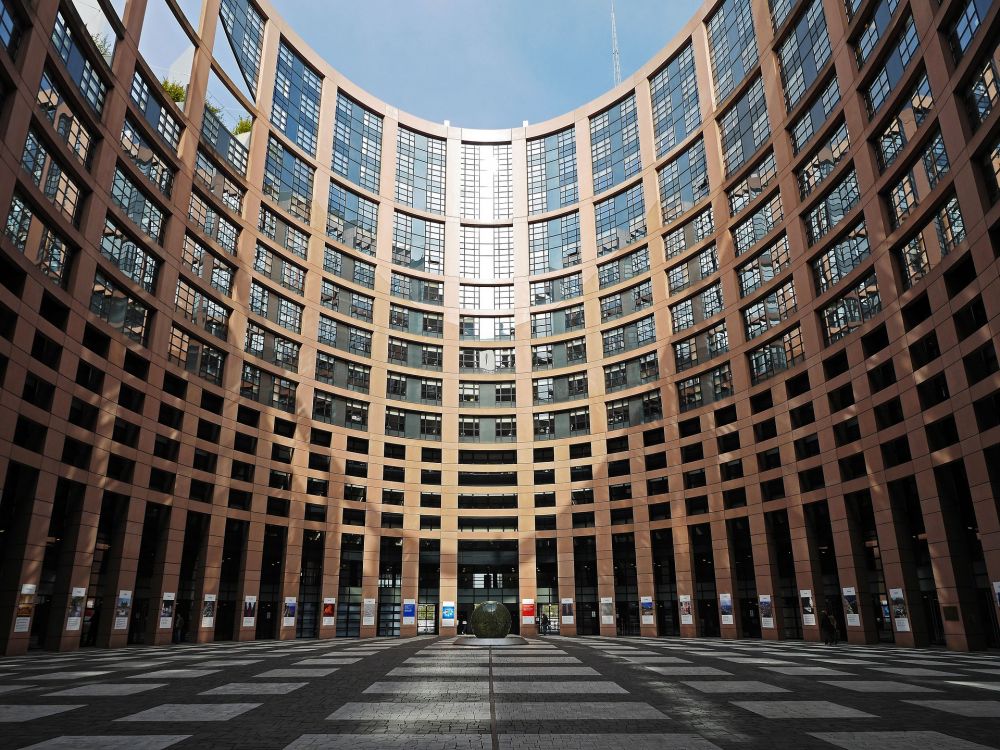EU Parliament approves new measures to create a circular economy
The EU has taken a significant step towards fundamentally changing the way its economy works, shifting towards principles which make an asset out of waste.

The EU has taken a significant step towards fundamentally changing the way its economy works, shifting towards principles which make an asset out of waste.
Draft laws recently adopted by the EU Parliament in Strasbourg create the tough new standards covering recycling, packaging, and food waste.
The proposals approved by MEPs include targets to recycle at least 55 percent of all waste from households and businesses by 2025, rising to 65 percent by 2035. 70 percent of all packaging materials should be recycled upon use by 2030.
The package of rules, which is still be ratified by the European Council, also caps at 10 percent the amount of municipal waste that can be sent to landfill. This could prove particularly difficult for some EU member states, such as Greece and Croatia, which send more than 75 percent to landfill.
Member states will also be mandated to reduce food waste by 50 percent by 2030.
Italian MEP Simona Bonafè, who led on the new legislation, said the measures would help embed sustainable thinking within the continent: “The circular economy is not only a waste management policy, but is a way to recover raw materials and not to overstretch the already scarce resources of our planet, also by profoundly innovating our production system.”
“With this package, Europe is firmly committed to sustainable economic and social development, which will at last integrate industrial policies and environmental protection,” she added.
The EU has been working on a new package of circular economy rules since 2015, and separately laid out tough new plastic targets earlier this year. The new strategy aims to make all plastic packaging reusable or recyclable by 2030.
“This package also contains important measures on waste management, but at the same time goes further, by defining rules taking into account the entire life cycle of a product and aims to change the behaviour of businesses and consumers. For the first time, member states will be obliged to follow a single, shared legislative framework,” Bonafè concluded.






